The dangers of dehydration: A holiday safety guide
As the holiday season rolls around, excitement fills the air. Family gatherings, outdoor adventures, and festive celebrations are just around the corner. However, amid all the fun, there's a hidden danger that can sneak up on you: dehydration. This article explores the risks of dehydration during holiday activities, offering insights on prevention, symptoms, and treatment to ensure a safe and enjoyable vacation for everyone involved.
Dehydration occurs when the body loses more fluids than it takes in. Imagine your body as a car; just like a car needs fuel to run smoothly, your body needs water to function properly. When you’re busy with holiday festivities, it’s easy to forget about hydration. Recognizing the causes and effects of dehydration is crucial for maintaining health, especially during active holiday periods. Factors like hot weather, physical activities, and even the festive drinks we indulge in can contribute to fluid loss. It’s vital to understand that dehydration can creep up on you, turning a joyful holiday into a challenging experience.
Some individuals are more susceptible to dehydration than others. Children and the elderly are particularly at risk due to their lower body water content and potentially less awareness of their hydration needs. Identifying these risk factors can help individuals take proactive measures to stay hydrated during holidays. For instance, if you’re traveling with young kids or older family members, be extra vigilant about ensuring they drink enough fluids. Remember, it’s not just about quenching thirst; it’s about maintaining health and energy levels throughout the festivities.
Hot weather can significantly increase the risk of dehydration. Think about it: when the sun is blazing, you’re likely sweating more, and that means you’re losing fluids faster than you realize. Understanding how temperature affects fluid loss is essential for planning outdoor holiday activities safely. If you’re heading to a sunny beach or planning a hike, be sure to pack plenty of water and consider taking breaks in the shade. It’s all about making smart choices that keep everyone safe and hydrated.
Engaging in strenuous activities can lead to rapid fluid loss. Whether it's a spirited game of beach volleyball or a long hike, your body works hard and needs extra water to keep up. It’s important to recognize the signs of dehydration during exercise, such as dizziness, dry mouth, or fatigue, and take necessary precautions. Staying aware of how your body feels can make a world of difference. So, before you dive headfirst into that holiday adventure, remember to hydrate!
Ah, the festive drinks! While enjoying a glass of wine or a holiday cocktail can be part of the fun, it’s essential to remember that alcohol can contribute to dehydration, especially in social holiday settings. Alcohol has a diuretic effect, meaning it encourages your body to lose more water. Staying informed about its effects can help individuals make better choices regarding hydration. If you’re sipping on cocktails, pair them with water to balance things out. Your body will thank you later!
Recognizing the early signs of dehydration can prevent serious health issues. Symptoms to watch for during holiday festivities include:
- Thirst and dry mouth
- Dark yellow urine
- Fatigue or dizziness
- Headaches
If you or someone you’re with starts to show these signs, it’s crucial to take action immediately. Ignoring the symptoms can lead to more severe complications, turning your holiday cheer into a nightmare.
Effective hydration strategies can enhance holiday enjoyment. It’s not just about drinking water; it’s about making hydration a part of your holiday routine. Here are some practical tips for staying hydrated while participating in various activities:
Not all beverages are equally effective for hydration. While water is the gold standard, certain drinks can also help. Consider options like:
- Electrolyte drinks
- Coconut water
- Herbal teas
Understanding which drinks promote fluid retention can aid in making informed choices during holiday gatherings. It’s all about keeping that hydration game strong!
Setting reminders to drink water can be an effective strategy. Use your phone or a watch to set hourly reminders, or keep a water bottle handy. This simple act can help you incorporate hydration into a busy holiday schedule. Think of it as your hydration buddy, nudging you to take a sip and keep your energy levels up.
Knowing how to respond to dehydration is vital. If you or someone you’re with starts to show signs of dehydration, take immediate action:
- Move to a cooler place
- Drink water or an electrolyte solution
- Rest and take it easy
This section covers immediate actions to take if dehydration occurs, ensuring a quick recovery and continued enjoyment of the holiday. Remember, the goal is to keep the festive spirit alive while taking care of your health!
Q: How much water should I drink during the holidays?
A: Aim for at least 8-10 glasses of water a day, adjusting based on your activity level and climate.
Q: Can I rely on food for hydration?
A: Yes! Foods like fruits and vegetables have high water content and can contribute to your hydration.
Q: What are the best signs to look for in children and elderly regarding dehydration?
A: Look for dry mouth, lack of tears when crying, and lethargy in children; for the elderly, check for confusion and dry skin.
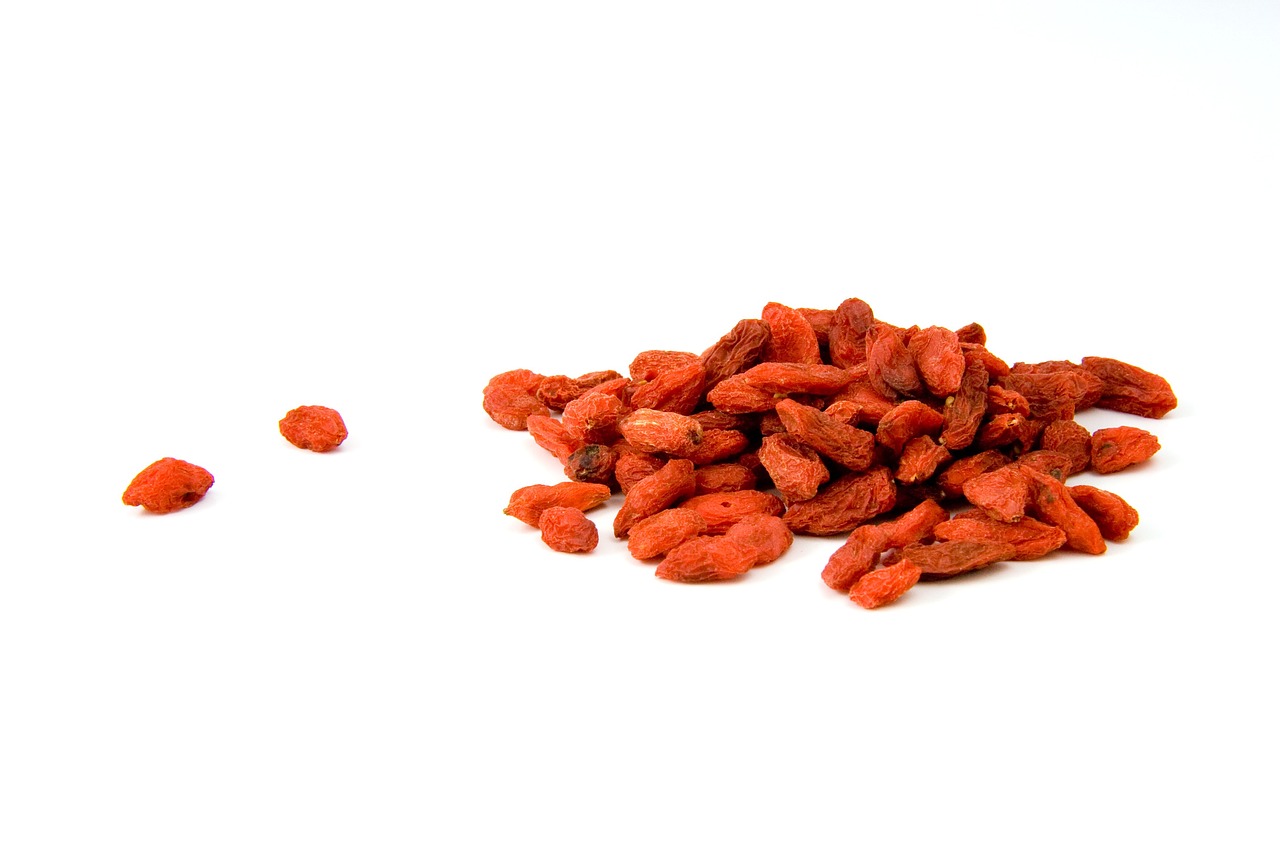
Understanding Dehydration
This article explores the risks of dehydration during holiday activities, offering insights on prevention, symptoms, and treatment to ensure a safe and enjoyable vacation for everyone involved.
Dehydration is more than just a buzzword you hear at the doctor’s office; it's a serious condition that occurs when your body loses more fluids than it takes in. Imagine your body as a well-oiled machine; when it runs low on oil (or in this case, water), it starts to sputter and lose efficiency. During holidays, when we often engage in activities that require more energy and fluid than usual, the risk of dehydration can skyrocket. It's crucial to understand not only what dehydration is but also how it can sneak up on you, especially in the hustle and bustle of festive celebrations.
When we think about hydration, we typically picture a glass of water. However, it’s essential to recognize that dehydration can stem from various sources. It can be caused by hot weather, excessive physical activity, or even the delightful but sometimes deceptive allure of festive drinks. The body loses fluids through sweat, urine, and even breathing, and if these fluids are not replenished, you could find yourself in a precarious situation. In fact, even mild dehydration can lead to feelings of fatigue, dizziness, and irritability—definitely not the kind of holiday spirit you want to bring to the table!
To help visualize how dehydration impacts the body, consider this: our bodies are composed of approximately 60% water. Every cell, tissue, and organ needs water to function correctly. When dehydration occurs, the balance of electrolytes in our bodies is disrupted, leading to a cascade of potential health issues. For example, the brain can shrink slightly, leading to headaches and confusion. It’s a bit like trying to drive a car on an empty tank; you might make it a little way, but eventually, you’ll stall out.
So, what are the common causes of dehydration? Here’s a quick rundown:
- Hot Weather: High temperatures can lead to increased sweating, which means more fluid loss.
- Physical Activity: Strenuous activities, especially in the heat, can rapidly deplete your body’s water reserves.
- Illness: Fever, vomiting, and diarrhea can all lead to significant fluid loss.
- Alcohol Consumption: Alcohol can have a diuretic effect, leading to increased urination and fluid loss.
By understanding the nuances of dehydration, you can take proactive steps to ensure that you and your loved ones stay hydrated during the holiday season. Remember, staying aware of your body's signals is key. If you're feeling thirsty, it's already a sign that your body is craving more fluids. Don't wait until you feel parched—make hydration a priority!
1. What are the early signs of dehydration?
Common early signs include thirst, dry mouth, fatigue, and dark yellow urine.
2. How much water should I drink daily?
While individual needs vary, a general guideline is to drink at least 8 cups (64 ounces) of water a day, adjusting based on activity level and climate.
3. Can I rely on thirst alone to gauge hydration?
While thirst is a good indicator, it’s best to drink water regularly throughout the day, even if you don’t feel thirsty.
4. Are there foods that help with hydration?
Yes! Foods with high water content, such as watermelon, cucumbers, and oranges, can contribute to your hydration levels.
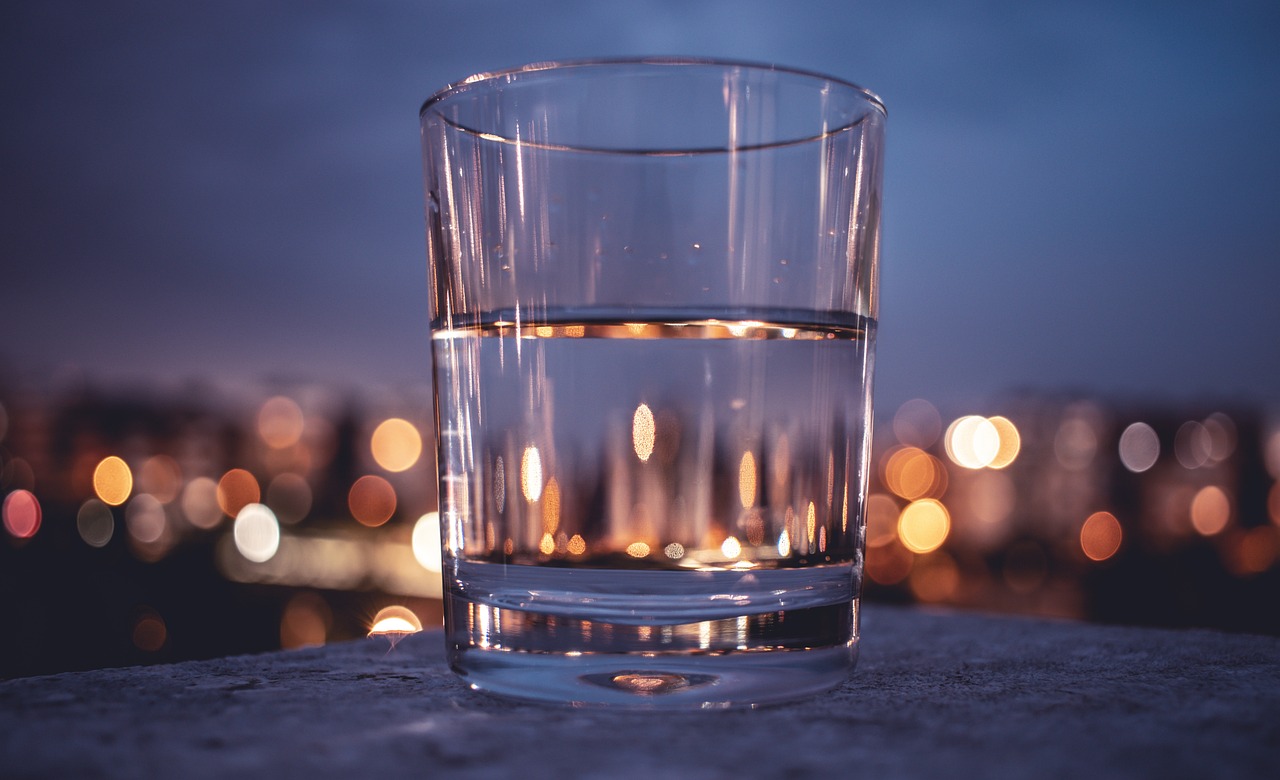
Risk Factors for Dehydration
Dehydration is not a one-size-fits-all issue; it affects different people in varying ways. Certain groups are more susceptible to dehydration, and recognizing these risk factors is crucial for keeping everyone safe during the holiday season. For instance, children and the elderly are particularly vulnerable. Kids, with their high activity levels and smaller body sizes, can lose fluids quickly without even realizing it. On the other hand, older adults often have a decreased sense of thirst, which makes it easy for them to overlook their hydration needs.
Moreover, individuals with chronic illnesses such as diabetes or those taking specific medications may also face heightened risks. Conditions that affect the body's ability to regulate fluid balance can lead to a dangerous cycle of dehydration. For example, certain diuretics can increase urine output, which further exacerbates fluid loss. It's essential to be aware of these factors, especially during festive gatherings where everyone is enjoying food and drinks but may forget to hydrate.
The environment plays a significant role in the risk of dehydration as well. Hot weather can lead to increased perspiration and fluid loss, so if you're planning outdoor activities under the sun, it's vital to be proactive about hydration. Even just a few hours outside without adequate fluid intake can set the stage for dehydration. If you're in a hot climate, consider keeping an eye on the temperature and adjusting your plans accordingly.
Furthermore, strenuous physical activities, like hiking or playing sports, can also contribute to rapid fluid loss. When you're having fun, it's easy to forget to take breaks and drink water. Engaging in such activities without proper hydration can lead to dehydration faster than you might expect. So, whether you're dancing at a holiday party or going on a winter hike, always remember to sip water regularly.
Lastly, let’s not forget about alcohol consumption. During holiday celebrations, it’s common for people to indulge in festive drinks. However, alcohol is a diuretic, meaning it can lead to increased urination and fluid loss. This is particularly concerning in social settings where people may not realize how much they are drinking. Pairing alcoholic beverages with water is a smart way to mitigate this risk and keep your hydration levels in check.
In summary, understanding the risk factors for dehydration is essential for everyone, especially during the holiday season when activities abound. By being mindful of who is at risk and the circumstances that contribute to dehydration, we can take proactive steps to ensure a safe and enjoyable holiday for all.
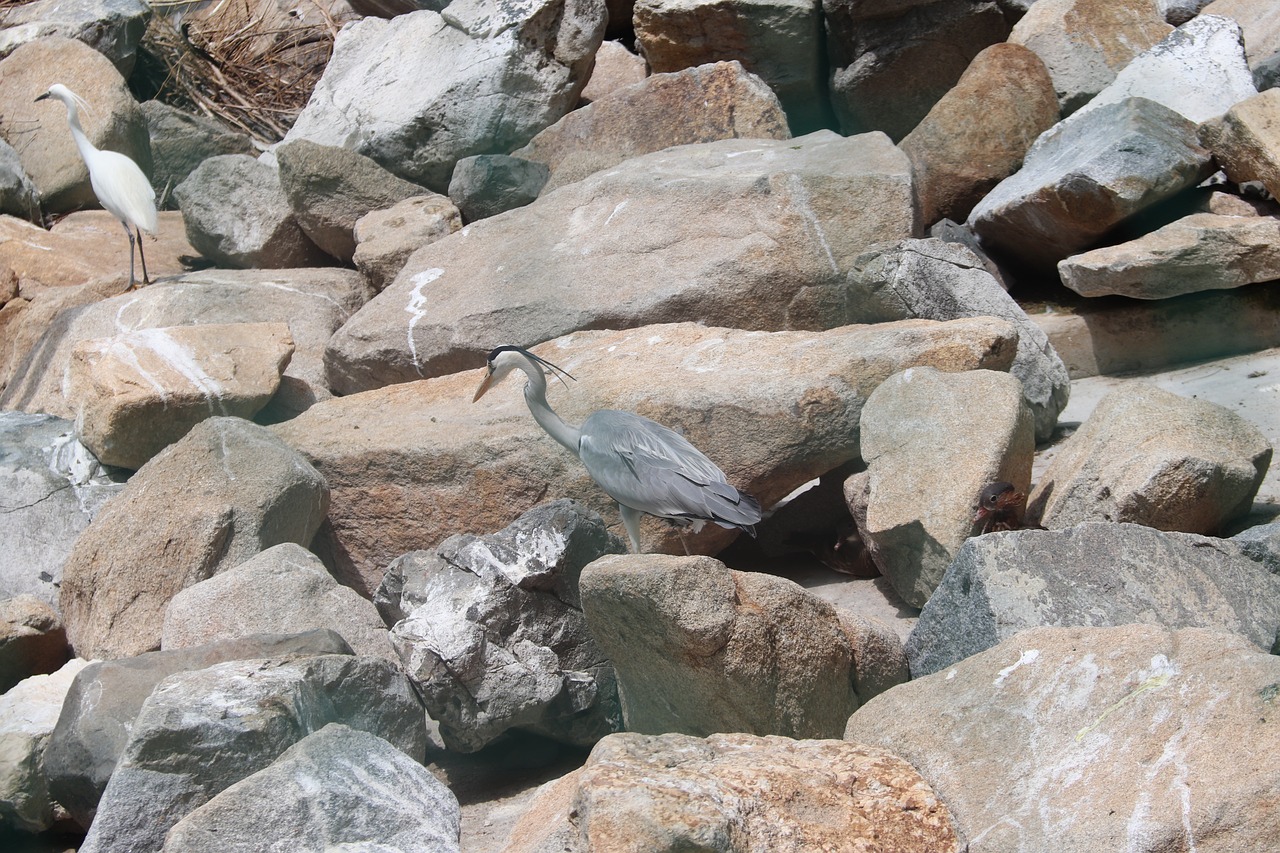
Climate Considerations
When planning your holiday activities, it's essential to consider the climate in which you'll be spending your time. Hot weather can be a sneaky culprit when it comes to dehydration, as it often leads to increased perspiration and fluid loss. Imagine being outside in the sun, enjoying a picnic or a beach day, only to realize that the heat is silently draining your body of the water it desperately needs. This is why understanding the relationship between temperature and hydration is crucial.
During warmer months, the body's need for water increases significantly. In fact, studies have shown that individuals may lose up to 1.5 liters of sweat per hour during intense activities in high temperatures. This loss can be even greater if you're engaging in strenuous activities like hiking, running, or playing sports. So, how can you ensure that you’re staying adequately hydrated?
Here are a few to keep in mind:
- Monitor the Temperature: Always check the weather forecast before heading out. If temperatures are soaring, plan your activities for the cooler parts of the day, such as early morning or late afternoon.
- Stay in the Shade: Whenever possible, seek out shaded areas to take breaks. This simple act can help reduce the risk of overheating and dehydration.
- Dress Appropriately: Wearing light-colored, loose-fitting clothing can help your body regulate its temperature better. Think of it as giving your skin a chance to breathe!
Additionally, keep an eye on the humidity levels. High humidity can make it feel hotter than it actually is, which can lead to increased sweating and, consequently, dehydration. A good rule of thumb is to drink water regularly, even if you don’t feel thirsty. Thirst is often a late sign of dehydration, so it’s better to be proactive. Carry a water bottle with you and take sips throughout the day.
In conclusion, being aware of the climate conditions during your holiday not only enhances your enjoyment but also plays a critical role in preventing dehydration. By taking simple precautions and being mindful of your surroundings, you can ensure that your holiday remains fun and safe.
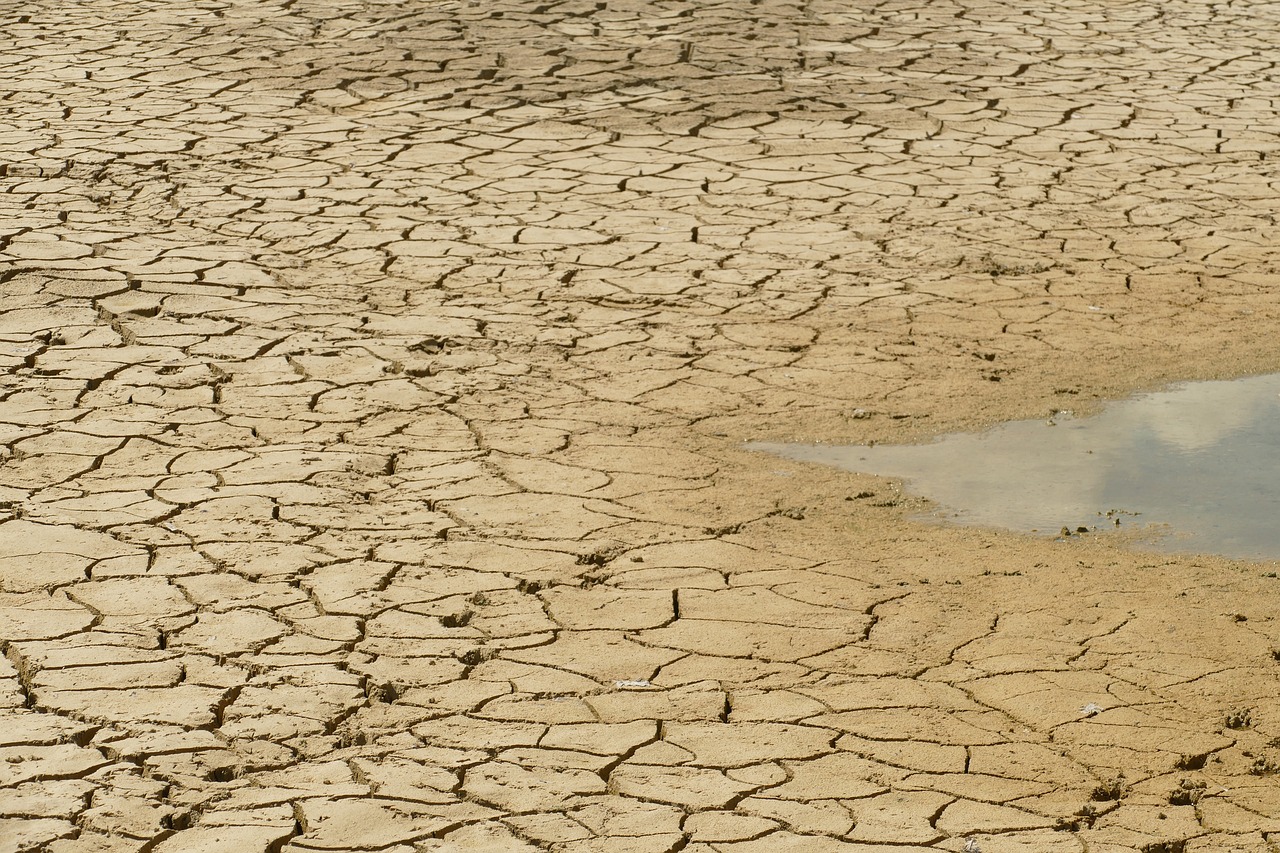
Physical Activity Impacts
Engaging in physical activities during the holidays can be exhilarating, but it also comes with a hidden danger: dehydration. When you’re out hiking, playing sports, or even just enjoying a long walk in the park, your body is working hard, and that means it's losing fluids at a much faster rate than when you're lounging around. Imagine your body as a car; if you don't keep it fueled with enough water, it will start to sputter and stall. This analogy perfectly encapsulates the importance of hydration during active holiday periods.
During physical exertion, your body sweats to cool itself down, and each drop of sweat is a tiny reminder that you need to replenish those lost fluids. Without adequate hydration, you might start experiencing symptoms that range from mild discomfort to serious health issues. Some common signs of dehydration include:
- Thirst: A clear signal that your body needs more fluids.
- Dizziness: A warning that your brain isn't getting enough water to function properly.
- Dry mouth: A quick indicator that your body is running low on water.
- Fatigue: Feeling tired? Your body might be begging for hydration!
Additionally, the intensity and duration of the activity can significantly influence how much water you need. For instance, if you're planning a day filled with high-energy activities like skiing or a beach volleyball tournament, your fluid requirements will be much higher compared to a leisurely stroll through the neighborhood. It's essential to listen to your body and adjust your hydration strategy accordingly.
Furthermore, the environment plays a critical role in how much you sweat. If you're in a hot, humid climate, your body will lose fluids even faster. It's like trying to fill a bucket with holes; if you don’t keep pouring water in, it will eventually run dry. To combat this, consider these hydration tips:
- Drink water before, during, and after your activities.
- Incorporate electrolyte-rich drinks if you're sweating a lot.
- Keep a water bottle handy and take sips regularly, rather than waiting until you're thirsty.
Understanding the impacts of physical activity on your hydration levels is crucial for enjoying a safe and fun holiday. By staying aware and proactive, you can ensure that your body remains fueled, allowing you to fully immerse yourself in the holiday spirit without the nagging worry of dehydration.
Q: How much water should I drink during physical activities?
A: A general guideline is to drink about 17-20 ounces of water two hours before exercising, and then 8 ounces during every 20 minutes of activity. However, individual needs may vary based on the intensity and duration of the activity.
Q: Are sports drinks better than water for hydration?
A: Sports drinks can be beneficial during intense exercise lasting longer than an hour, as they replace electrolytes lost through sweat. However, for shorter activities, water is typically sufficient.
Q: What are some signs that I need to hydrate immediately?
A: If you experience extreme thirst, dizziness, headache, or dark-colored urine, these are clear signs that your body needs water right away.
Q: Can I drink too much water?
A: Yes, while hydration is essential, drinking excessive amounts of water in a short period can lead to a rare but serious condition called hyponatremia, where sodium levels in the blood become dangerously low.
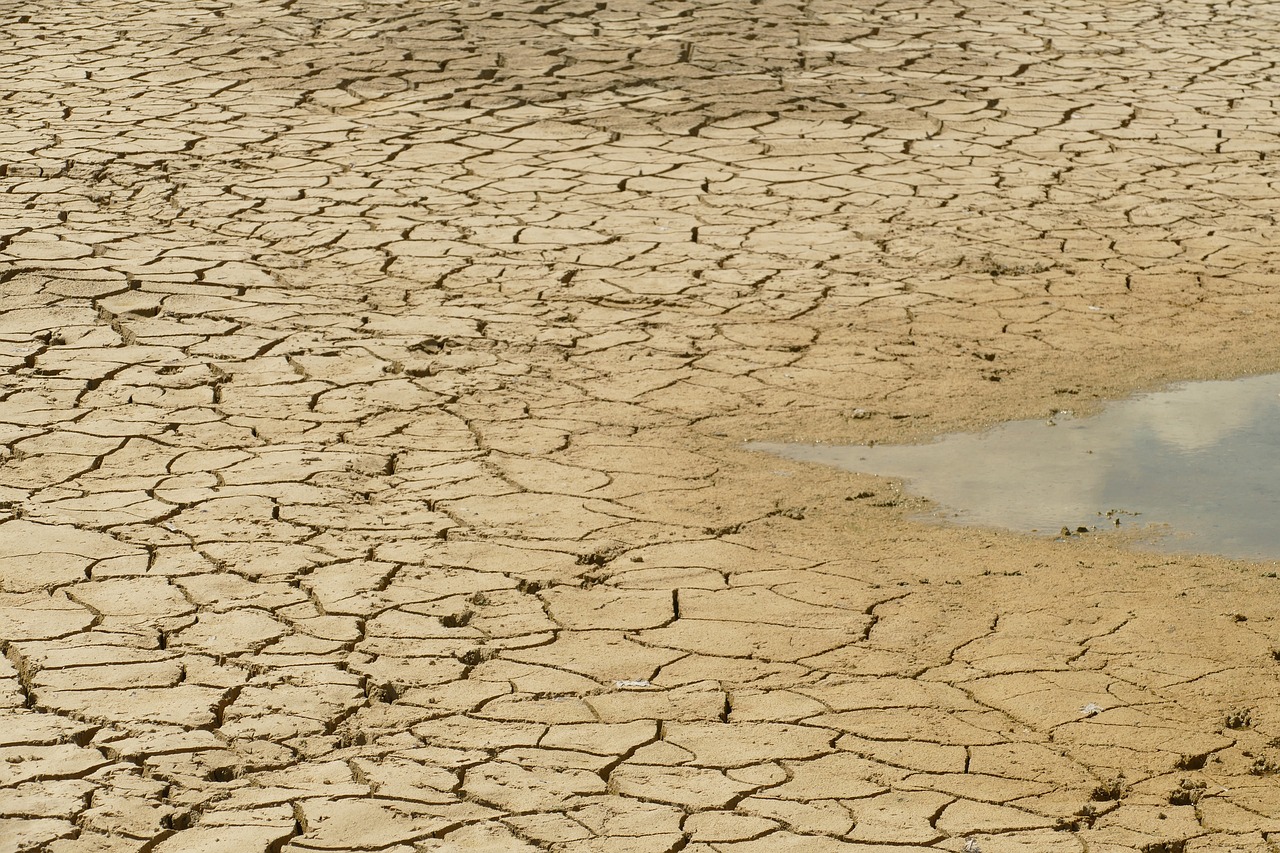
Alcohol Consumption
When it comes to holiday celebrations, alcohol often takes center stage. Whether it's a festive cocktail at a family gathering or a cold beer at a summer barbecue, these drinks can add a lot of fun to our festivities. However, it's important to remember that alcohol can significantly contribute to dehydration. This is especially true when you’re out in the sun or engaging in physical activities, which are common during holidays.
Alcohol acts as a diuretic, which means it promotes the production of urine. This can lead to an increase in fluid loss, making it easier for you to become dehydrated without even realizing it. So, while you might be enjoying that margarita by the pool, your body could be crying out for hydration. The irony is that while you sip on that refreshing drink, you might be setting yourself up for a headache or fatigue the next day due to dehydration.
To help you navigate the fine line between enjoying your favorite beverages and staying hydrated, consider the following strategies:
- Alternate with Water: For every alcoholic drink you consume, try to drink a glass of water. This not only helps to keep you hydrated but also slows down your alcohol intake.
- Choose Hydrating Mixers: Opt for mixers that are hydrating, such as coconut water or fresh fruit juices, instead of sugary sodas or energy drinks.
- Limit Your Intake: Set a limit for yourself before the festivities begin. This can help you enjoy your drinks without overindulging.
It’s also vital to be aware of your body's signals. If you start feeling thirsty, dizzy, or lightheaded, these could be early signs of dehydration. Listen to your body and take action by drinking water or a non-alcoholic beverage immediately. Moreover, if you know you’ll be drinking, plan ahead. Drink plenty of water throughout the day leading up to your evening out, and consider eating a meal rich in carbohydrates and proteins, which can help slow the absorption of alcohol into your bloodstream.
In summary, while alcohol can be a delightful part of holiday celebrations, it’s essential to keep hydration in mind. By being conscious of your alcohol consumption and implementing smart hydration strategies, you can enjoy your holiday festivities without the downside of dehydration. Remember, staying hydrated is not just about drinking water; it’s about making informed choices that allow you to have fun while keeping your body happy and healthy.
Here are some common questions regarding alcohol consumption and dehydration:
- How much water should I drink if I consume alcohol? A good rule of thumb is to drink at least one glass of water for every alcoholic drink you consume.
- Can I hydrate with sports drinks instead of water? Yes, sports drinks can help replenish electrolytes lost during dehydration, but they often contain sugar, so consume them in moderation.
- What are the signs of dehydration? Common signs include thirst, dry mouth, fatigue, dizziness, and dark-colored urine.
- Is it safe to drink alcohol in hot weather? If you choose to drink alcohol in hot weather, make sure to stay hydrated with water and be mindful of your limits.

Signs and Symptoms
Recognizing the early signs of dehydration is crucial, especially during the hustle and bustle of holiday festivities. When we think about hydration, we often picture a refreshing drink on a hot day, but dehydration can sneak up on us like a thief in the night. It’s essential to be aware of how our bodies communicate their needs. The initial symptoms can be subtle, but they can escalate quickly if not addressed.
Common signs include:
- Thirst: This might seem obvious, but thirst is your body’s first signal that it needs more fluids. Don’t ignore it!
- Dry Mouth and Throat: If you notice your mouth feeling parched or your throat is scratchy, it’s time to hydrate.
- Fatigue: Feeling unusually tired or lethargic? Dehydration can sap your energy levels, making even simple tasks feel like a chore.
- Dizziness or Lightheadedness: If you stand up too quickly and feel a bit woozy, it might be a sign that your body is lacking fluids.
- Dark Urine: A quick way to assess your hydration status is by checking the color of your urine. Dark yellow or amber indicates you need to drink more water.
As the holiday season unfolds, it’s easy to get caught up in the excitement and forget to pay attention to these signs. Imagine you’re at a family gathering, surrounded by delicious food and laughter. You might be so engrossed in the festivities that you overlook your body’s cues. This oversight can lead to more severe symptoms, such as:
- Rapid Heartbeat: Your heart may start racing as it struggles to maintain blood flow.
- Confusion or Irritability: Dehydration can affect your mood and cognitive functions, making you feel cranky or disoriented.
- Sunken Eyes: A noticeable physical sign, sunken eyes can indicate significant fluid loss.
It’s important to remember that certain groups, such as the elderly and young children, may exhibit these symptoms more dramatically. They may not always express their discomfort, so it’s essential to keep an eye on them during holiday activities. If you or someone you know starts showing these signs, it’s crucial to act quickly. Hydration should never take a backseat, especially when you’re out enjoying the festive spirit!
In summary, staying vigilant about the signs and symptoms of dehydration can help ensure that your holiday remains joyous and enjoyable. Being proactive about hydration is like putting on sunscreen before heading out to the beach: it’s a small step that can save you from a world of discomfort later. So, keep your water bottles handy, and let’s make hydration a priority this holiday season!
Q: How much water should I drink daily to avoid dehydration?
A: While the general guideline is to drink at least 8 glasses (about 2 liters) of water a day, individual needs can vary based on activity level, climate, and personal health. Listen to your body and adjust accordingly!
Q: Are there specific drinks that help with hydration?
A: Yes! Water is the best choice, but drinks like coconut water, herbal teas, and electrolyte-rich beverages can also help replenish fluids effectively.
Q: What should I do if I suspect someone is dehydrated?
A: Offer them fluids immediately, preferably water or an electrolyte drink. If symptoms persist or worsen, seek medical attention.
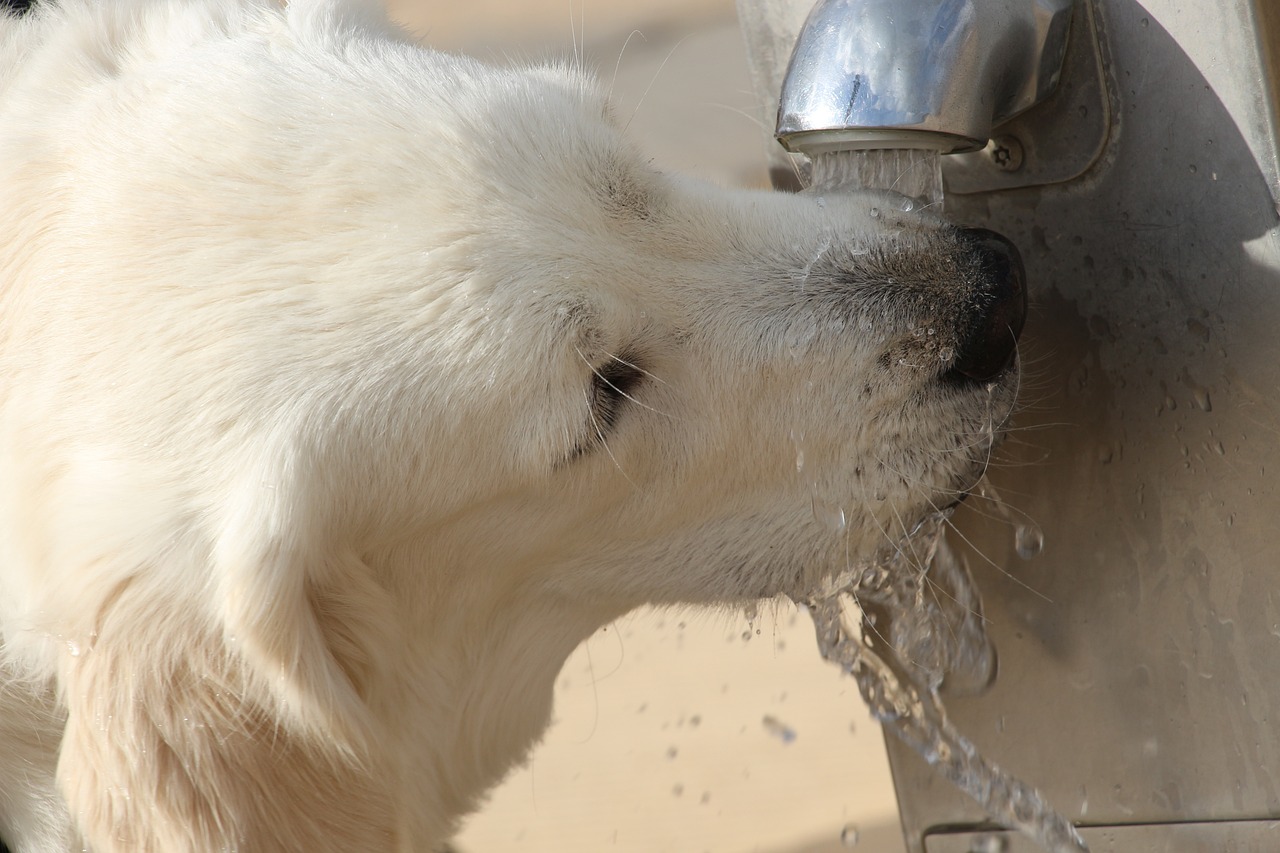
Hydration Strategies
Staying hydrated during the holidays can be as challenging as finding the perfect gift for that hard-to-shop-for relative. With all the excitement of festivities, it's easy to forget about drinking enough water. However, implementing effective hydration strategies can make a world of difference. Here are some practical tips to keep you and your loved ones hydrated while enjoying all the holiday fun.
First and foremost, choosing the right beverages is crucial. Not all drinks are created equal when it comes to hydration. While water is the gold standard, there are other options that can help quench your thirst and keep you hydrated. For instance, beverages like coconut water, herbal teas, and electrolyte-rich drinks can be excellent choices. On the flip side, be cautious with caffeinated drinks and sugary sodas, as they can lead to dehydration rather than help it. Here's a quick comparison of some popular beverages:
| Beverage | Hydration Level | Notes |
|---|---|---|
| Water | Excellent | Best choice for hydration. |
| Coconut Water | Good | Contains electrolytes; refreshing. |
| Herbal Tea | Good | Warm and soothing; can be hydrating. |
| Caffeinated Drinks | Poor | Can lead to increased fluid loss. |
| Sugary Sodas | Poor | Can cause dehydration; high in sugar. |
Another effective strategy is to set hydration reminders. In the hustle and bustle of holiday activities, it can be easy to forget to drink water. Consider using your smartphone to set reminders every hour to take a sip. You could also place water bottles in visible locations around your home or carry a reusable water bottle with you during outings. This not only serves as a reminder but also makes it convenient to stay hydrated on the go.
Furthermore, incorporating hydration into your meals can be a delicious way to ensure you're getting enough fluids. Foods with high water content, such as cucumbers, oranges, and watermelon, can contribute significantly to your hydration levels. You might even consider preparing festive dishes that include these ingredients. For instance, a refreshing fruit salad or a chilled cucumber soup can be both hydrating and delightful to eat during holiday gatherings.
Lastly, remember that hydration is a team effort. Encourage your friends and family to join in on the hydration challenge. Make a game out of it—whoever drinks the most water by the end of the day gets to choose the next holiday movie! This not only makes hydration fun but also helps everyone stay mindful of their fluid intake.
By integrating these hydration strategies into your holiday routine, you can ensure that you and your loved ones remain energized and ready to enjoy every moment. After all, what’s more important than being fully present during this special time of year? So, grab that water bottle and toast to a hydrated holiday!
Q: How much water should I drink during the holidays?
A: It's generally recommended to drink at least 8 glasses (64 ounces) of water a day, but you may need more depending on your activity level and the climate.
Q: Can I rely on other beverages for hydration?
A: While other beverages can contribute to hydration, water is the most effective. Be cautious with drinks that contain caffeine or high sugar levels.
Q: What are some signs that I might be dehydrated?
A: Common signs include thirst, dry mouth, fatigue, dizziness, and dark yellow urine. If you notice these symptoms, it's time to drink up!
Q: Are there specific foods that can help with hydration?
A: Yes! Foods with high water content, such as cucumbers, oranges, and strawberries, can help keep you hydrated.
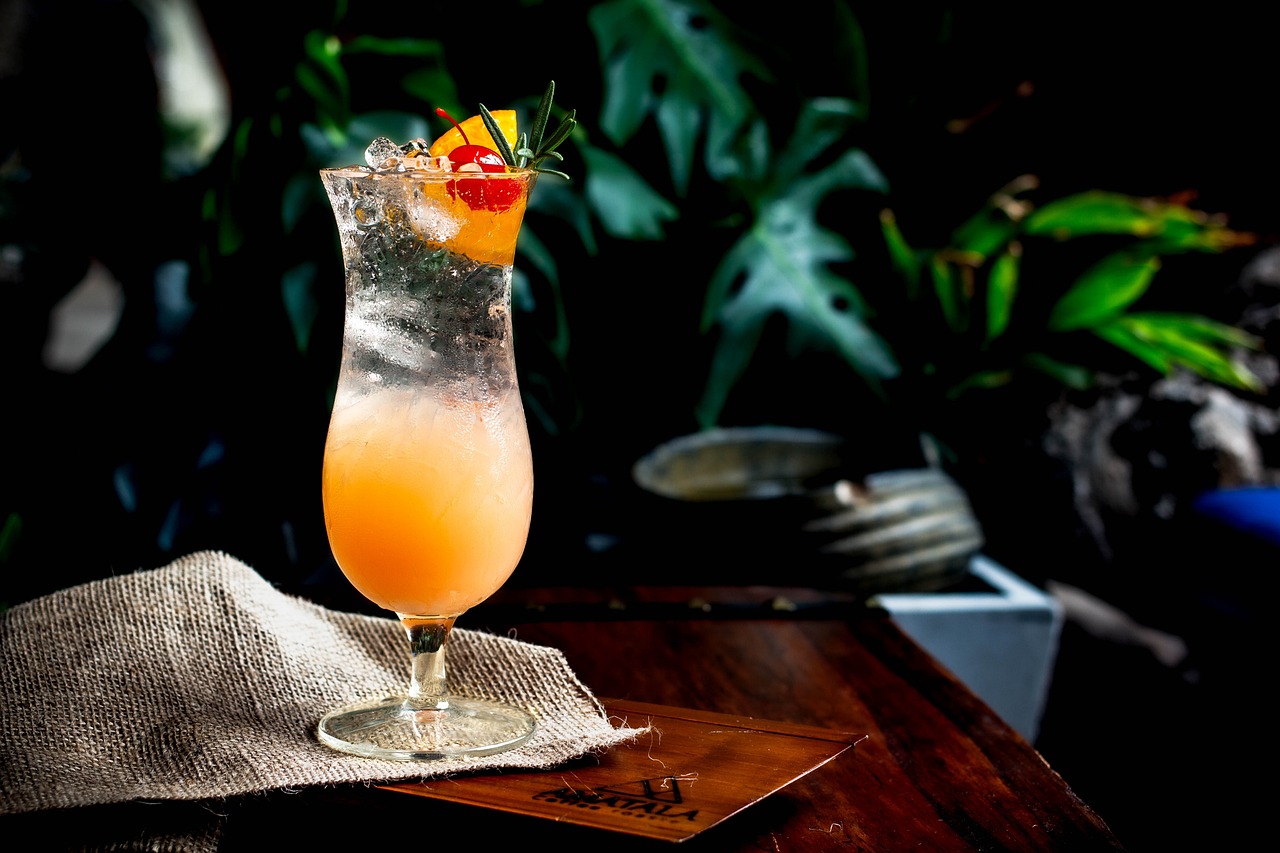
Choosing the Right Beverages
When it comes to hydration, not all beverages are created equal. As you sip on your favorite holiday drinks, it's crucial to consider how they affect your body's fluid levels. Water, of course, is the gold standard for hydration. But let’s face it, plain water can sometimes feel a bit boring, especially during festive gatherings. So, what are the alternatives? Well, there are some great options that can keep you hydrated while also tantalizing your taste buds!
First off, consider electrolyte-rich drinks. These beverages, like coconut water or sports drinks, can replenish lost minerals and help maintain your body's fluid balance. They’re particularly useful after a long day of activities under the sun. However, be cautious with sports drinks as some can be high in sugar, which might counteract their hydrating benefits. Always check the labels!
Another fantastic option is herbal teas. Not only are they flavorful, but they can also be enjoyed hot or cold. Herbal teas like peppermint or chamomile can be soothing and hydrating at the same time. Plus, they come in a variety of flavors, making it easy to find one that suits your palate. Just remember to avoid caffeine-laden teas, as caffeine can act as a diuretic and contribute to fluid loss.
Now, let’s talk about fruit-infused water. This is a fun and delicious way to jazz up your hydration game. Simply add slices of your favorite fruits—think lemons, berries, or cucumbers—into a pitcher of water. Not only does this enhance the flavor, but it also adds vitamins and minerals that can be beneficial. It’s like a spa day in a glass!
Here’s a quick comparison of some popular beverages and their hydration effectiveness:
| Beverage | Hydration Level | Notes |
|---|---|---|
| Water | High | Best option for hydration |
| Coconut Water | Moderate | Rich in electrolytes |
| Sports Drinks | Moderate | Watch for sugar content |
| Herbal Tea | High | Good alternative to water |
| Fruit-Infused Water | High | Flavorful and nutritious |
In conclusion, making the right beverage choices can significantly impact your hydration levels during the holidays. By opting for water, electrolyte-rich drinks, herbal teas, and fruit-infused options, you can ensure that you’re not just quenching your thirst but also keeping your body in tip-top shape. Remember, hydration is not just about drinking; it’s about choosing wisely!
- How much water should I drink daily? A general guideline is to aim for at least 8 cups (64 ounces) of water a day, but this can vary based on activity level and climate.
- Can I rely on caffeinated drinks for hydration? While caffeinated drinks can contribute to your daily fluid intake, they are not the best choice for hydration due to their diuretic effects.
- What are some signs that I am dehydrated? Common signs include thirst, dry mouth, fatigue, dizziness, and dark yellow urine.
- Is alcohol dehydrating? Yes, alcohol can lead to dehydration, so it’s important to drink water alongside alcoholic beverages.
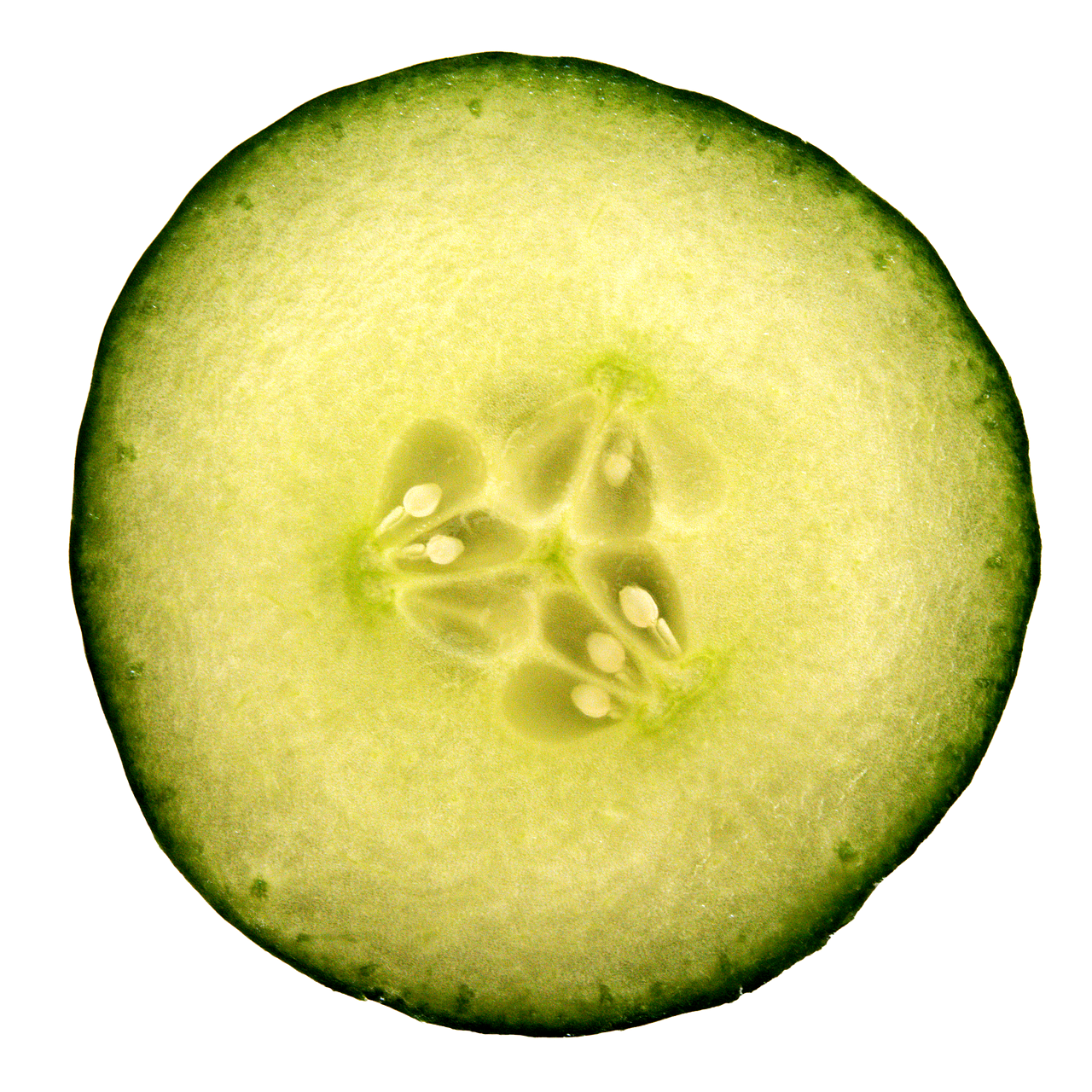
Hydration Reminders
When it comes to staying hydrated, especially during those bustling holiday seasons, a little reminder can go a long way! Imagine you're at a festive gathering, surrounded by laughter and delicious food, but amidst all the excitement, you might forget to sip on that all-important water. That's where hydration reminders come into play! Setting up a few simple strategies can help keep hydration at the forefront of your mind, ensuring you enjoy every moment without feeling sluggish or unwell.
One effective way to remind yourself to drink water is by using your smartphone. Most of us carry our phones everywhere, so why not put them to good use? You can set hourly reminders or alarms that prompt you to take a quick sip. This method not only keeps you hydrated but also breaks up the day, giving you a moment to pause and refresh. If you're at a gathering, you can even make it a fun group activity! Challenge your friends or family to drink water together at certain intervals – it’s a great way to bond and ensure everyone stays hydrated.
Another handy trick is to keep water bottles within arm's reach. Whether you're lounging at home or out and about, having a water bottle nearby serves as a visual cue. You could even get creative and fill your bottle with infusions of fruits or herbs. Not only does this add a burst of flavor, but it also makes drinking water feel like a treat rather than a chore. Think of it as your personal hydration station, ready to serve you whenever you need it!
If you're hosting or attending a holiday party, consider creating a hydration station. This could be a designated table filled with various drinks, including water, herbal teas, and electrolyte-infused beverages. By making hydration easily accessible, you encourage everyone to grab a drink whenever they feel thirsty. Remember, the goal is to make hydration a fun and integral part of any holiday celebration!
Lastly, don't underestimate the power of visual reminders. Placing sticky notes in strategic locations, like on your fridge or bathroom mirror, can serve as gentle nudges to drink more water. You could write fun messages like, “Stay hydrated, party animal!” or “Water is your holiday best friend!” These little notes can be surprisingly effective in keeping hydration on your radar.
In conclusion, staying hydrated during the holidays doesn’t have to be a daunting task. By incorporating these simple reminders and strategies into your daily routine, you can ensure that you and your loved ones stay refreshed and energized throughout all the festivities. After all, nothing ruins the holiday spirit quite like feeling fatigued or unwell. So, grab that water bottle, set those reminders, and let the good times flow!
- How much water should I drink daily during the holidays?
It's generally recommended to drink at least 8-10 cups (about 2-2.5 liters) of water daily, but during the holidays, especially with increased activity and warmer weather, you might need more. Listen to your body and adjust accordingly!
- What are some signs that I might be dehydrated?
Common signs of dehydration include thirst, dry mouth, fatigue, dizziness, and darker urine. If you notice any of these symptoms, it's important to drink water immediately.
- Can I rely on other beverages for hydration?
While drinks like herbal tea and coconut water can help hydrate, it's best to prioritize plain water. Avoid sugary drinks and excessive caffeine, as they can contribute to dehydration.
- What should I do if I notice someone is dehydrated?
If you suspect someone is dehydrated, encourage them to drink water or an electrolyte drink. If symptoms are severe, such as confusion or fainting, seek medical attention immediately.
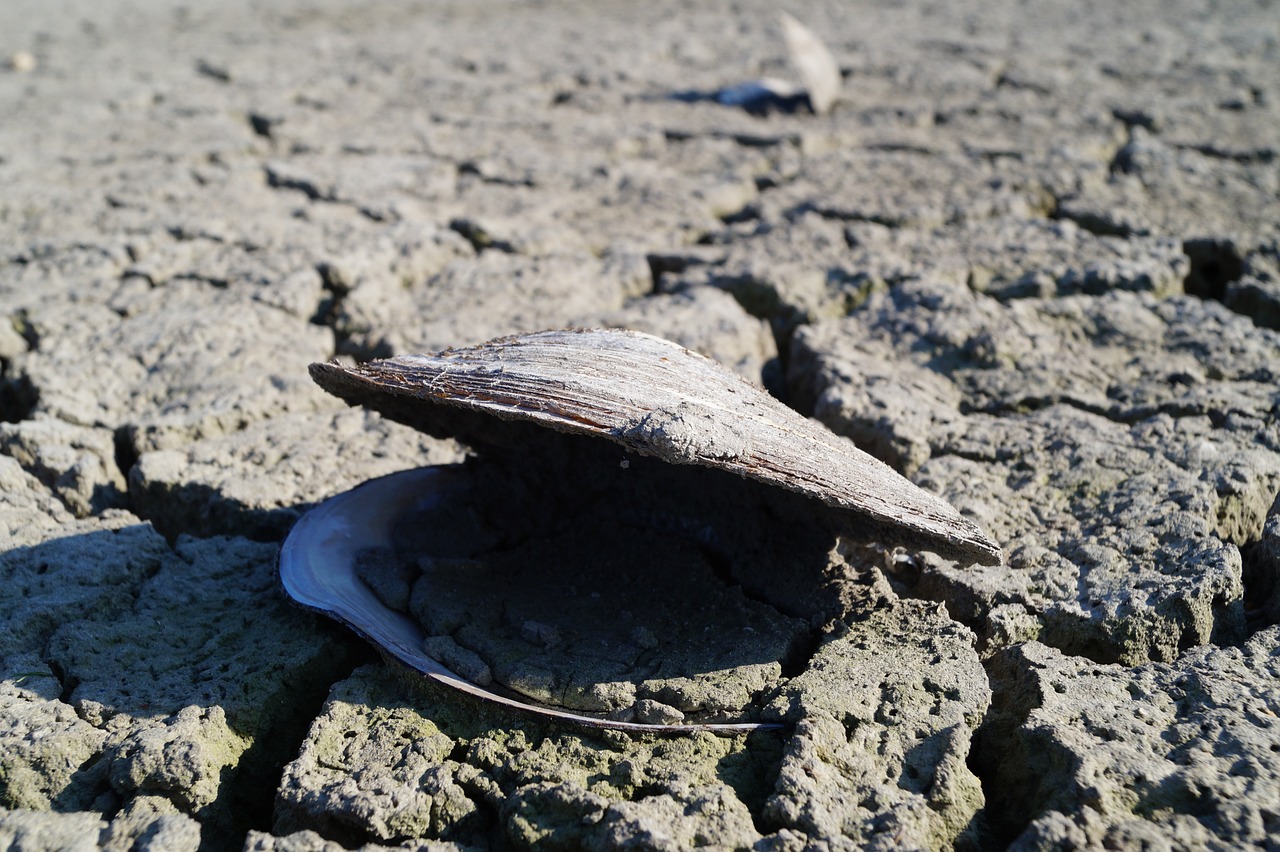
Dealing with Dehydration
When you find yourself feeling thirsty or lightheaded during your holiday festivities, it’s essential to act quickly. Dehydration can sneak up on you, especially when you’re busy having fun. The first step in dealing with dehydration is to recognize the symptoms. Common signs include dry mouth, fatigue, dizziness, and dark-colored urine. If you notice these symptoms, don’t panic! Instead, take immediate action to rehydrate.
One of the best ways to combat dehydration is by drinking fluids that are rich in electrolytes. Water is fantastic, but sometimes your body craves a little more than just plain H2O. Sports drinks, coconut water, or even homemade electrolyte solutions can be great options. For instance, you can mix water with a pinch of salt and a splash of citrus juice to create your own refreshing drink. This not only replenishes lost fluids but also replaces essential minerals that your body needs.
Additionally, it’s crucial to listen to your body. If you’re feeling tired and sluggish, take a break from your activities. Find a shady spot or a cool indoor area where you can relax and sip your drink. This will not only help you recover but also prevent further dehydration. Remember, it’s better to take a short break than to push through and risk your health.
In some cases, especially for those who are more vulnerable like children and the elderly, dehydration can escalate quickly. If symptoms worsen or if the person is unable to keep fluids down, it’s important to seek medical attention. Healthcare professionals can provide intravenous fluids if necessary, ensuring a faster recovery. Always err on the side of caution—your health is the most important thing during your holiday!
To wrap it up, dealing with dehydration is all about being proactive and aware. Here’s a quick rundown of steps to take:
- Stay aware: Monitor your fluid intake and watch for symptoms.
- Rehydrate: Opt for water and electrolyte-rich beverages.
- Take breaks: Rest in a cool place if you start feeling unwell.
- Seek help: Don’t hesitate to consult a healthcare provider if symptoms persist.
By keeping these tips in mind, you can ensure that dehydration doesn’t put a damper on your holiday fun. Stay hydrated, stay safe, and enjoy every moment of your vacation!
Q1: What are the early signs of dehydration?
A1: Early signs include thirst, dry mouth, fatigue, dizziness, and dark urine. It's essential to recognize these symptoms early to prevent serious complications.
Q2: How much water should I drink daily, especially during the holidays?
A2: Generally, aim for at least 8-10 cups of water a day, but this can vary based on your activity level, climate, and individual needs. During hot weather or intense physical activity, increase your intake accordingly.
Q3: Are alcoholic beverages effective for hydration?
A3: No, alcoholic beverages can lead to dehydration. It's best to consume water alongside any alcoholic drinks to help mitigate this effect.
Q4: What should I do if someone is severely dehydrated?
A4: If someone shows severe symptoms, such as confusion, fainting, or inability to drink fluids, seek medical help immediately.
Frequently Asked Questions
- What are the common signs of dehydration?
Common signs of dehydration include thirst, dry mouth, fatigue, dizziness, and dark yellow urine. If you notice any of these symptoms, it’s essential to drink fluids immediately to prevent further complications.
- Who is most at risk for dehydration during holidays?
Children, the elderly, and those with certain medical conditions are at a higher risk for dehydration. Additionally, anyone engaging in strenuous activities or spending time in hot weather should be particularly cautious.
- How can I stay hydrated while enjoying holiday activities?
To stay hydrated, choose beverages wisely—water is your best bet! Set reminders on your phone to drink regularly, and incorporate hydrating foods like fruits and vegetables into your meals.
- Does alcohol contribute to dehydration?
Yes, alcohol can lead to dehydration, especially if consumed in large amounts. It’s important to balance alcoholic drinks with water to help mitigate dehydration risks during social gatherings.
- What should I do if I suspect someone is dehydrated?
If you suspect someone is dehydrated, encourage them to drink fluids immediately. If symptoms are severe, such as confusion or inability to keep fluids down, seek medical attention right away.
- Are there specific drinks that help with hydration?
Water is the most effective drink for hydration. However, drinks with electrolytes, like sports drinks or coconut water, can also be beneficial, especially after intense physical activities.
- How much water should I drink daily during holidays?
While the general recommendation is about 8 cups (64 ounces) of water a day, during holidays—especially when active or in hot weather—you may need more. Listen to your body and drink when you feel thirsty.
- Can I rely on thirst as an indicator of dehydration?
While thirst is a natural signal, it’s not always a reliable indicator. By the time you feel thirsty, you might already be mildly dehydrated. It’s best to drink water regularly, even if you don’t feel thirsty.



















